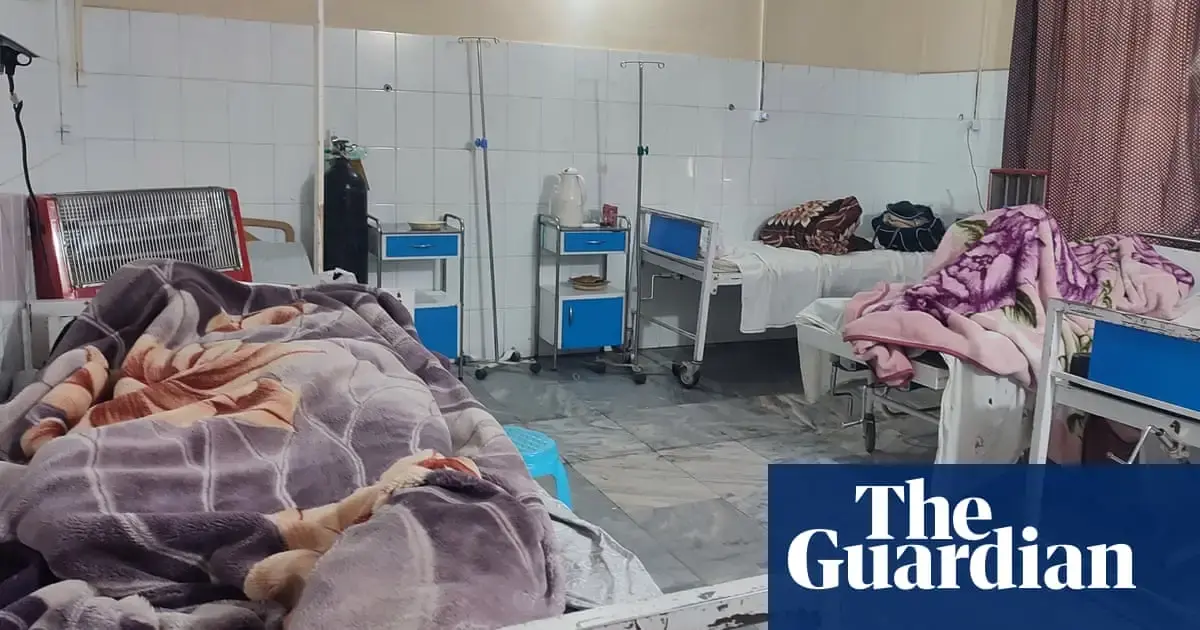First, her dreams of becoming a doctor were dashed by the Taliban’s ban on education. Then her family set up a forced marriage to her cousin, a heroin addict. Latifa* felt her future had been snatched away.
“I had two options: to marry an addict and live a life of misery or take my own life,” said the 18-year-old in a phone interview from her home in central Ghor province. “I chose the latter.”



I understand your concerns but: sometimes the role of an ally is to listen, to acknowledge, and to bear witness.
Not to jump in screaming “here I come to save you”. The immediate knee-jerk focus of “should we invade” is galling, sure, but I don’t think the alternative needs to be to let’s all look away and block our ears.
Knowing what other people in this world are going through is important part of being a human.
When I met someone who is in exile and I was familiar with the basics of why she is an exile, that mattered to her.
I’m just one ill woman in a small country of 5 million, but when I saw some people online warning that their country had just blacked out their internet, the fact that I was already up to speed with the implications in that context meant I could immediately contact our foriegn affairs minister to ask we send a signal that the world is watching -and I got a reply, too, about the diplomatic actions we were taking.
When I protested Apartheid I was just a child. Years later, I found out some of those suffering under Apartheid had heard of our tiny country’s protest and taken comfort from it at that time.
No, I did not solve anyone’s problems, and nor did they want me to - but it still matters.
I agree with you in general. My concern is specifically with a place which for centuries has asked us to leave them alone and we refuse to. This situation is of course terrible, and our (my country’s) actions in their country is the indirect cause of their dilemma, but I don’t think that we (meaning our institutions) are the ones we can trust to help them. That being the case my view is softened by your appeal just to express support on an individual level because it’s probably the best we can do with the way things are. I really do hope they can find some way to resolve this. My concern is just with encouraging support in our part of the world to go make things worse again, which is all we have been doing to their part of the world for a very long time.
I understand the concern you feel - and I agree that public support for invasive interventions can be inflamed (or in some cases, downright manufactured) by news media.
I think you’re right to be wary of encouraging support, and we in the west as a whole should resist buying into or perpetuating those kinds of discourses.
In this case, I don’t think that’s what this article, or the partner journalists, or the underlying study, are intending, though. This is a “world news” section so by its very nature it is mostly about things outside our remit. (I acknowledge that this is easier for me to say as someone in a small nation that did not join the coalition to invade Afghanistan. If I were in a country with huge global political power it would probably feel a bit glib to just say “we” are not in charge).